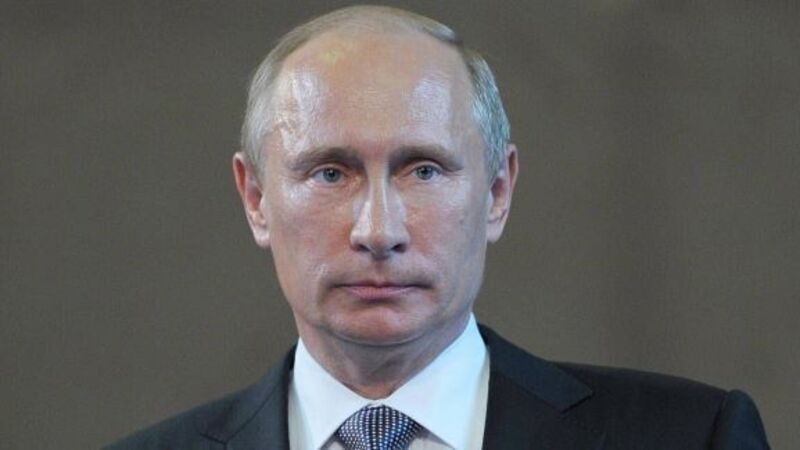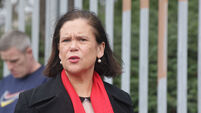Putin and the subtle art of diplomacy

American intelligence agencies have accused the Russians of cyber-attacks on the Democratic National Committee in an attempt to influence the recent presidential election in the US.
President-elect Donald Trump responded by reiterating a call for people to “move on”. The actions of the Obama administration sparked fears that the Russians would retaliate with the old tit-for-tat response of the Cold War period, when both sides retaliated with similar measures against each other.














